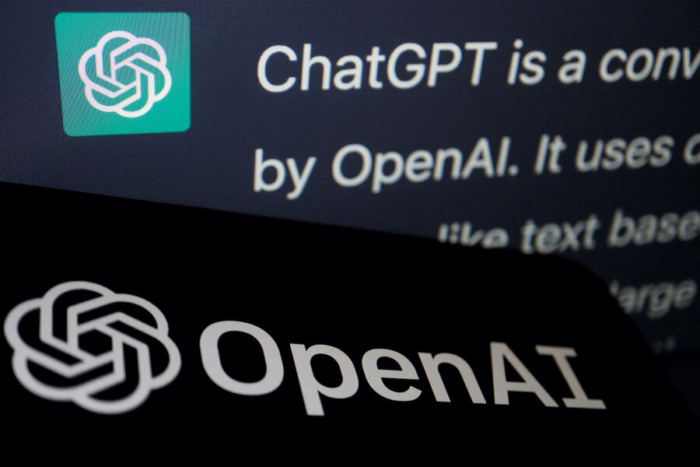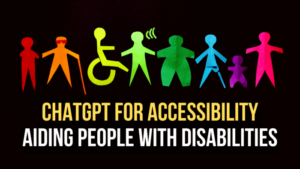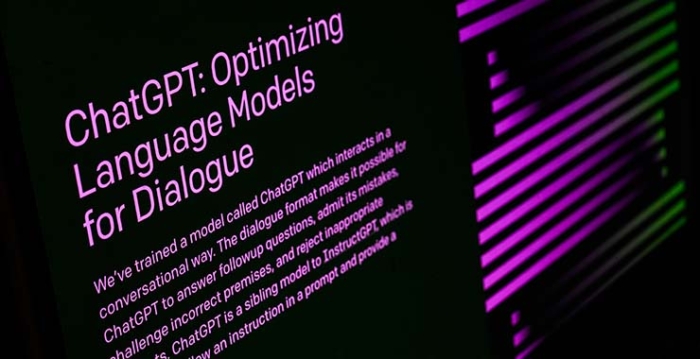Summary
For people with hearing or speech impairments, ChatGPT allows users to participate in conversations and social interactions they might have otherwise found challenging.
Artificial intelligence (AI) brings many benefits to the world and has become a powerful tool to help people in a number of different ways — and this is certainly true for people living with disabilities.
ChatGPT was designed to generate human-like text responses and engage in conversational interactions. And for people with hearing or speech impairments, ChatGPT allows users to participate in conversations and social interactions they might have otherwise found challenging.

Getting Your Message Across with ChatGPT
For readers with low literacy, ChatGPT can help gather information and summarize it into a short text. And it can turn written text into a summary. In addition, ChatGPT can understand commands that may be poorly written or sentences with grammar or spelling errors.
AI technologies like ChatGPT can help people with hearing or speech impairments in the following ways, as noted in this article:

- Expand on short sentences, saving time and effort
- Draft or improve texts for emails, instructions or assignments
- Suggest scripts to practice or rehearse what to say in social situations
- Model how to be “more polite” or “more direct” in written communication
- Practice conversations, including asking and answering questions
- Correct errors in texts produced for a range of purposes
- Help with making that first approach to a person socially.
Another benefit of ChatGPT is its ability to generate text in multiple languages. ChatGPT understands and responds in multiple languages. That can help accommodate users with language-related disabilities or those more comfortable communicating in their native language.
Communicating in Your Language
ChatGPT can be used to convert text to speech, which can be helpful for people who are blind or have low vision. With this technology, people with visual impairments can access information on websites, documents and in other text-based formats.
In addition, ChatGPT can convert speech to text, which can be helpful to people who are dead or hard of hearing. People with hearing impairments are able to participate in conversations communicated orally.

ChatGPT can also be used to create virtual assistants to help support people with disabilities. A chatbot could be designed to help someone with a disability navigate a website, answer common questions or offer information about accessible resources.
Here is what ChatGPT has to say: “ChatGPT can be fine-tuned to help people with specific needs. For example, it can be trained to understand and respond to text in a way that is more accessible for people with cognitive or learning disabilities. Additionally, it can also be used to improve accessibility in areas such as speech-to-text, text-to-speech and language translation, which can make it more accessible to people with visual, hearing or cognitive impairments.”
Download ChatGPT here: https://apps.apple.com/us/app/chatgpt/id6448311069 and https://play.google.com/store/apps/details?id=com.openai.chatgpt&pli=1.
